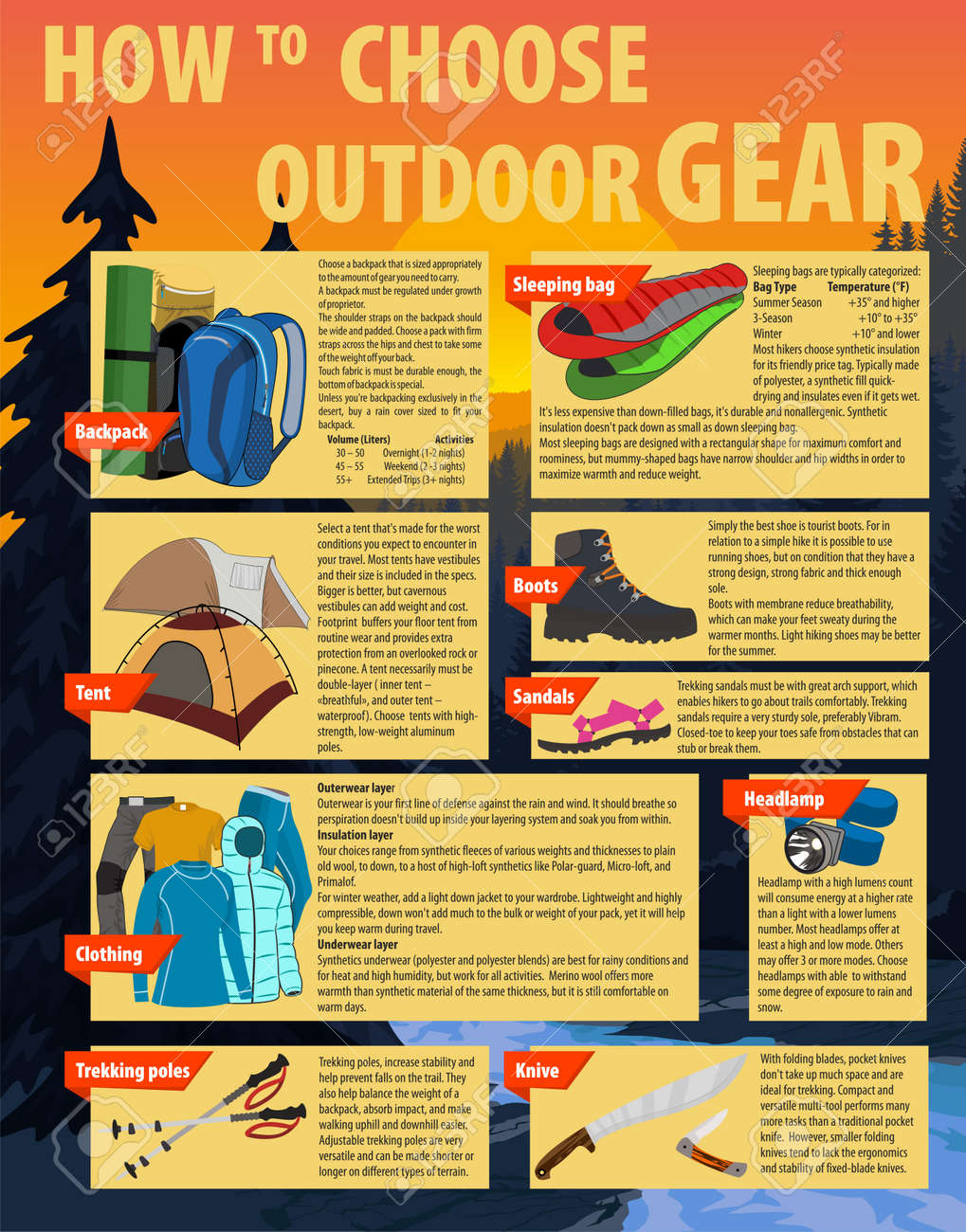Innovative Guide To Selling Camping Tents And Conduct An Online Camping Tents Operation
Innovative Guide To Selling Camping Tents And Conduct An Online Camping Tents Operation
Blog Article
The Ultimate Guide to Choosing the Right Tent Stove for Your Outdoor Adventurous Trip
A hot tent stove transforms a cold campsite into a cozy retreat, making camping trips more enjoyable. Choosing the right stove depends on key factors, including fuel type, portability, and efficiency.
How often should you waterproof a canvas tent?
Ensure the stove’s chimney pipe fits snugly into the stove jack to prevent smoke leakage and to avoid carbon monoxide poisoning. Also look for a damper to regulate airflow and fire heat.
Size
Whether you’re planning a backcountry expedition or just a weekend getaway, a hot tent stove is an essential part of any camping trip. A good tent stove allows you to stay warm, cook meals, and dry your gear.
If you’re looking for a more portable option, consider a propane stove. These stoves are fueled by small propane bottles that can be purchased at almost any outdoor or big box retailer.
They also light instantly and provide quick, reliable heat. However, they do not retain heat very well and require frequent restocking.
Fuel Type
Whether you’re using a wood-burning stove or an ultralight titanium tent camp stove, the type of fuel used can have a significant impact on its performance. When camping, choose dry seasoned wood logs that can produce consistent heat. Avoid wet or green logs that will provide less heat and excessive smoke.
Other forms of fuel that can be used with a tent stove include propane, white gas, and denatured alcohol. Propane is easy to find at most outdoor and camping stores. White gas is cleaner and more stable, but it can be difficult to transport long distances and fit in a backpack.
Winnerwell’s new EXTERANL AIR series of tent stoves eliminate this problem, providing a constant flow of fresh oxygen to the tent occupants, preventing them from being dangerously depleted of oxygen and potentially losing consciousness in an uncontrollable way.
Portability
A typical tent stove converts your cold-weather shelter into a warm, cozy retreat. The type of tent stove you choose depends on several factors, including combustion efficiency, heat output, and portability.
Some tent stoves are so portable that you can easily transport them in a backpack. These designs are typically built with welded/fixed fireboxes, though, which means that they don't have nearly the same cooking capabilities as stoves with removable/modular fireboxes.
Some tent wood stoves are notoriously difficult to regulate. Often, you'll have to keep the damper open and the grate raised in order to get adequate airflow while burning logs. Using wet or green wood can unique camping gifts also lead to excessive smoke and lower your tent's temperature significantly. Avoid these issues by always using dry, seasoned wood.
Efficiency
An efficient tent stove provides warmth, heat for cooking meals and boiling water, and helps dry damp gear. It is a must-have for cold-weather camping adventures.
A typical tent stove burns either wood, propane, or multi-fuel. Choose the one that best matches your desired fuel, temperature needs, and camping conditions.
For wood-burning stoves, select ones with a large chimney that can efficiently vent smoke out of your tent. Avoid using wet or green wood as it will produce excessive smoke, reducing the stove’s heat output.
In addition, ensure the stove’s pipe opening is compatible with your tent’s stove jack. Also, consider choosing a collapsible stove to save space in your backpack. However, non-collapsible stoves tend to have more durability and stability. You may also want to consider a pellet stove for ease of use in cold weather.
Safety
One important consideration to keep in mind when selecting a tent stove is safety. Aside from ensuring that all flammable items are kept well away, it’s also wise to ensure that the stove pipe is unobstructed at all times to prevent carbon monoxide poisoning.
Additionally, you should make sure that your chosen stove’s chimney is compatible with the stove jack of your tent to allow for efficient ventilation. Lastly, you should always ensure that all embers are fully extinguished before leaving or going to sleep.
Wood stoves often require more maintenance than propane stoves because of the need to clear ash and soot. On the other hand, gas-powered stoves are generally more straightforward to clean and don’t produce harmful fumes. As such, they’re a better choice for people who prioritize ease and comfort.
What size bell tent do I need?
